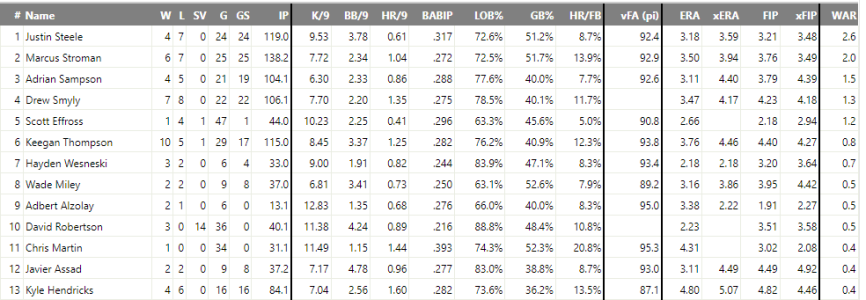Over the past several months, the Chicago Cubs have made some significant changes to their organization. They hired one of the best managers in the game in Joe Maddon. They traded for a new starting catcher in Miguel Montero, traded for an interesting potential utility guy in Tommy LaStella, and traded for a new leadoff man to play center field in Dexter Fowler. And, of course, the Cubs spent significantly in the free agent market, by signing Jon Lester ($155M), Jason Hammel ($20M), David Ross ($5M), Jason Motte ($4.5M), Tsuyoshi Wada ($4M), and Chris Denorfia ($2.6M).
One thing connecting all of the moves, other than improving the team: the Cubs spent money. And lots of it.
After five straight years (2007- 2011) of having a top 5 payroll in all of Major League Baseball, according Cot’s Baseball Contracts, Chicago Cubs fans grew accustomed to being heavy spenders, at least relative to the rest of the NL Central. But in October of 2011, something changed: Theo Epstein was seen in a Starbucks outside of Wrigley Field.
Once Epstein took the reins, Cubs fans were inundated with rhetoric about the rebuild (or, at the time, the “building”). We were told to be patient, to be smart and to think of the big picture. We (rightly) obsessed over 19 year-olds, studied the draft strategies and longed for the trade deadline. Why did we act this way? Because the front office told us, and showed us through their actions, that they weren’t going to spend heavily in free agency until they were ready to do so.
According to the front office, free agents should be brought in to supplement a strong foundation of young, cost-controlled players, as opposed to being used as the building blocks for a roster. The Cubs indicated that, when the time was right, we would see activity in free agency.
As you well know, over the last offseason, we saw just that.
Every year, MLBTR monitors and reports on the Free Agent Spending by Team. Over the 2014-2015 offseason, the Chicago Cubs were third on that list. Spreading $191.1M over five free agents (plus Wada, who was kind of a free agent), the Cubs front office and ownership did what they said they would do when they were ready to turn the corner.
Remember, by the way: the Chicago Cubs didn’t just spend in player free agency. Aside from those six signings and $191M, the Cubs paid $25M to attract one of the best active managers in the game, Joe Maddon. Similarly, they took on $40M dollars in the trade for Miguel Montero. If you think of that one like a free agent signing – given the limited return to the Diamondbacks, it was close – the Cubs committed more in free agency (and things like free agency) than any other MLB team this year. That’s true even if you don’t include Montero, and just include Maddon.
A further look into the MLBTR list raises some interesting points. Across the league, not counting Maddon, the Cubs trailed only the Red Sox ($196M) and the Nationals ($215M), while spending $57.1M more than the next highest team (White Sox). More importantly, they way outspent the rest of the NL Central. The Pirates were the next closest at $51M, and the Brewers, Cardinals, and Reds were in the bottom 10. Yes, the Cubs committed more in free agency this offseason than the rest of the NL Central combined. And then they added about $120 million on top of that.
What I find most encouraging, however, isn’t comparing the Cubs 2015 offseason against other teams around the league. Instead, it’s exciting to compare the Cubs’ 2015 offseason to the 2014 version.
Heading into the 2014 season, the Chicago Cubs spent merely $16M dollars on five free agents. Depending on how much you’ve been following along, that probably doesn’t surprise you, but it should provide comfort. The Cubs front office has stuck to their strategy: draft well, develop young players, acquire cost controlled assets, then sign free agents.
The Cubs said they would spend when the time was right, and, this offseason, they spent as much or more than any team in baseball, and committed more than 10 times as much in free agency as they did last year. Clearly, the Cubs believe the corner has been turned.












































